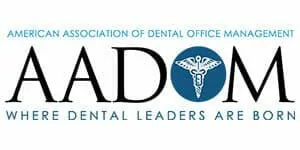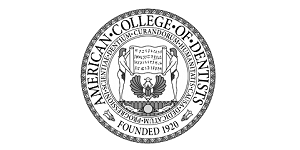A current case study found that children with over-sized gums have the potential to be a possible indicator of Acute Myeloid Leukemia.
Often as a dental expert, it can be hard to correctly identify an individual’s issue solely based on what is taking place in their mouth alone. This why dental professionals should always remember the rest of the body when diagnosing a problem. Dentists should consider looking into the medical background of the individual and the patient’s family members when deciding on a diagnosis.
Leukemia
A type of cancer, Leukemia affects blood cells and has an impact on the body’s immune system. Leukemia forces the body to make a large amount of abnormal white blood cells without the ability to behave correctly and less of the blood cells which are used to convey oxygen or allow blood clotting. Death from this type of cancer is often as a result of infection or the body’s inability to stop wounds from bleeding.
An article by Dentistry today indicated that dental practitioners are frequently the ones who begin the diagnosis of 25% of patients with myelogenous leukemia as well as 33% of those with myelomonocytic leukemia.
As a parent, should you be concerned?
Gingivitis, swelling or bleeding gums are often the first indications of leukemia. In extreme cases, the gums may actually enlarge enough to where the tissues begin to conceal the enamel. Inexplicable loss of weight and a feeling of weakness are other symptoms to be aware of.
Is there a treatment?
Along with bone marrow transplants and blood transfusions, chemotherapy is still considered to be the most productive means of fighting leukemia. Those treatments have been shown to help with the enlarged gum tissue also.
This link has advice on taking care of your mouth with leukemia.
When looking for causal reasons, while having bigger gums does not instantly imply your child has leukemia, it is essential to be conscious of the chance. Bigger gum tissue might also be the result of things such as puberty-based gingivitis, menstruation cycle-associated gingivitis, Crohn’s disease, lymphoma, ascorbic acid deficiency, neurofibromatosis, and far more.
If you have a child who looks to have unusually enlarged gums, give Dr. Gradeless or your doctor a telephone call so a correct diagnosis can be made.








